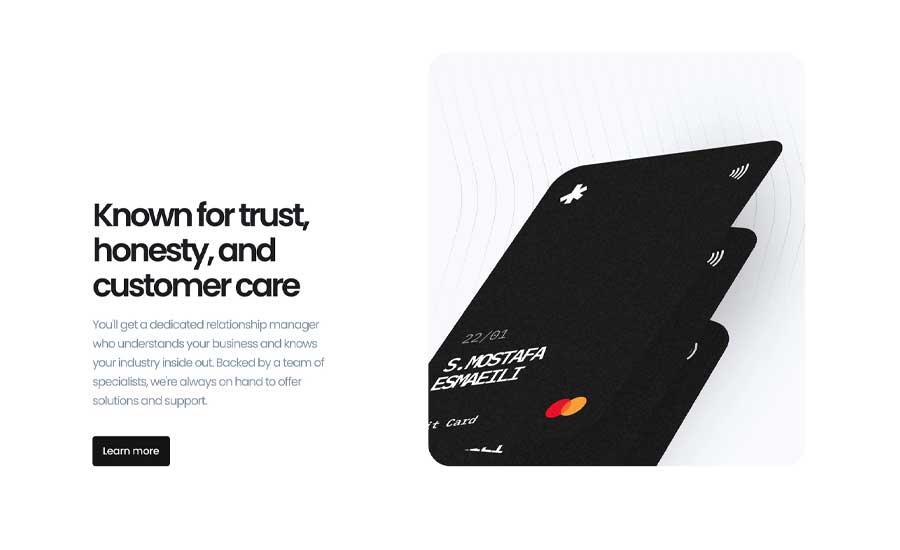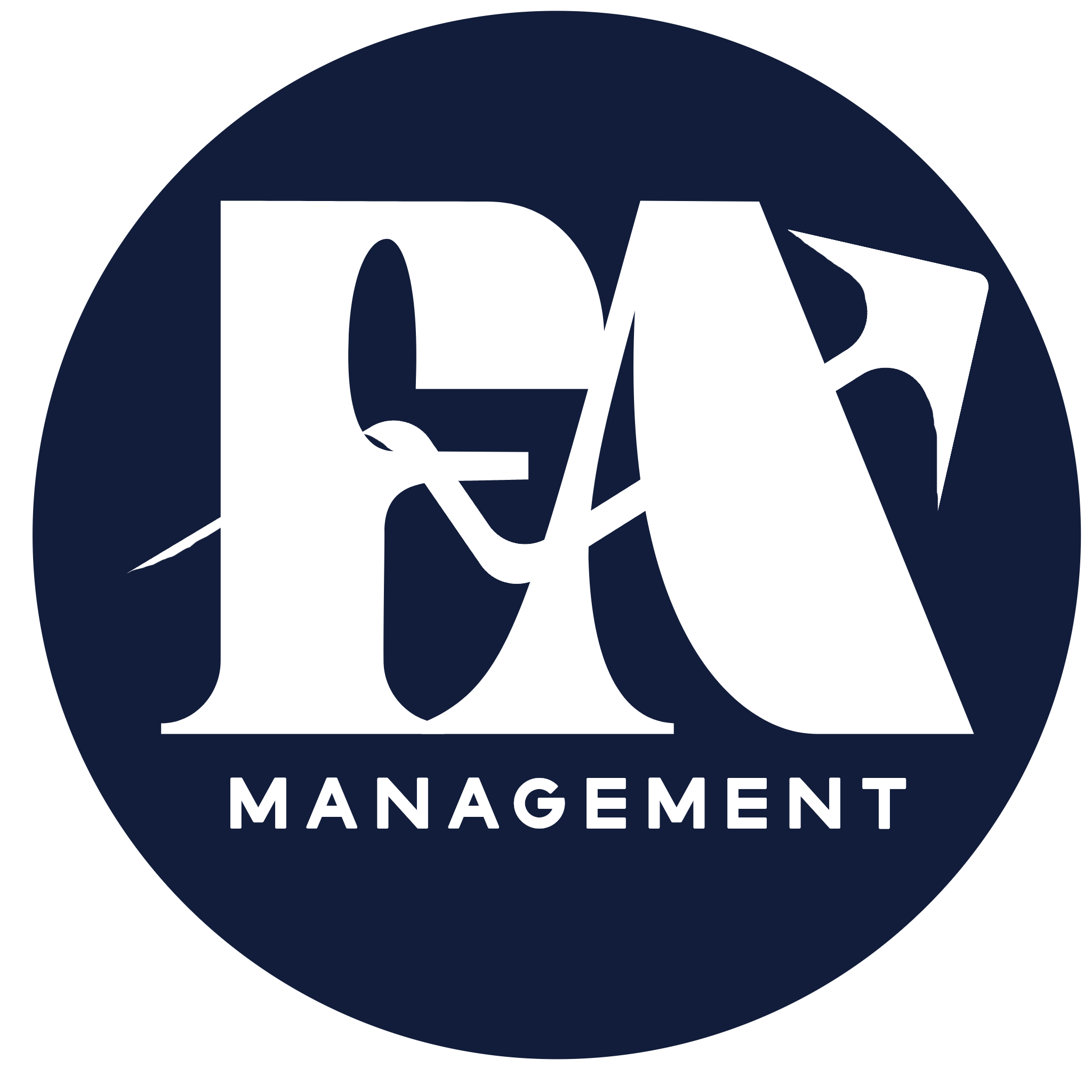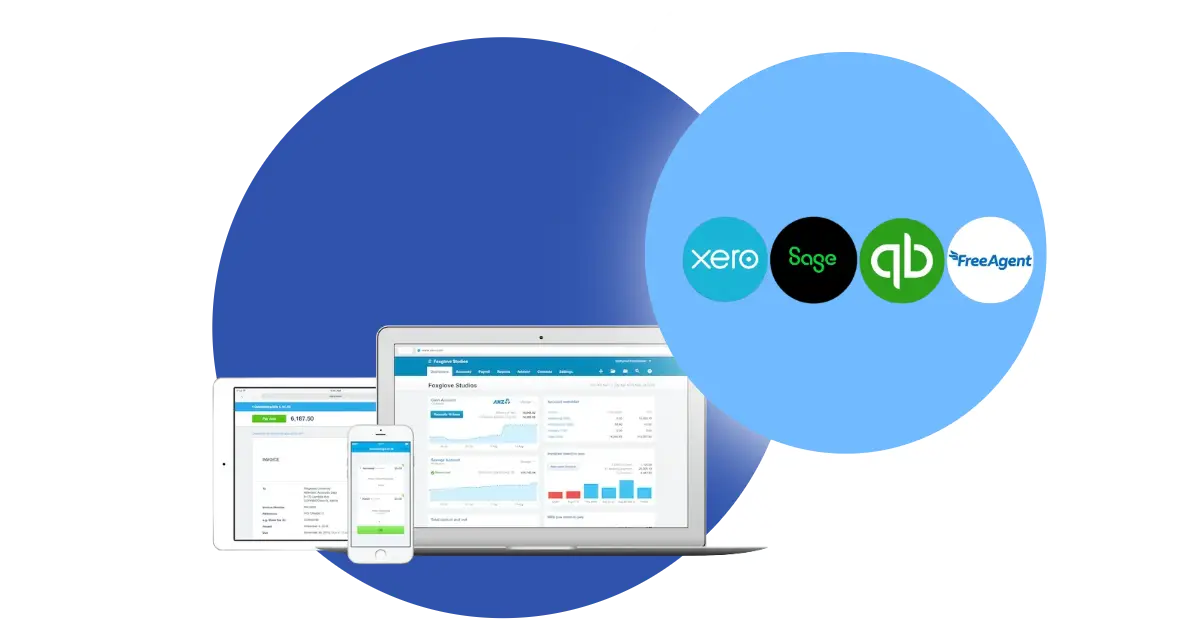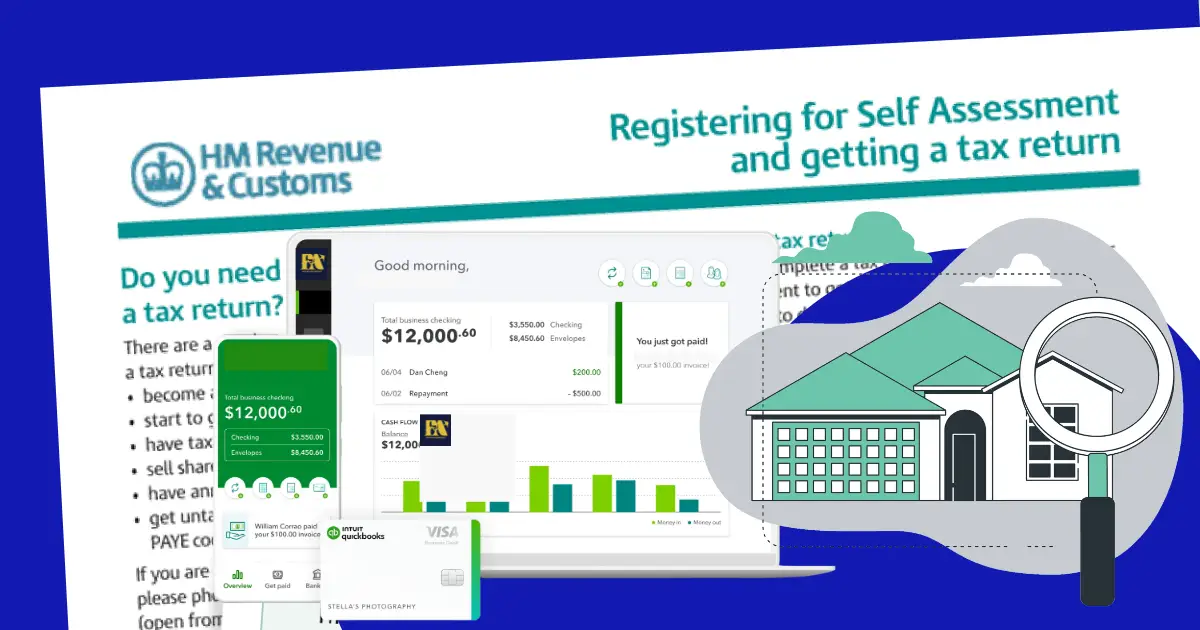Yes — if you run a limited company, you can be both a director and shareholder. This gives you flexibility in how you take money out of the business:
-
Salary: Counts as a business expense, reducing your company’s taxable profit. It also contributes to your National Insurance record (important for State Pension).
-
Dividends: Paid from post-tax profits. They are taxed separately at lower rates than salary, especially for basic-rate taxpayers.
A common strategy is:
-
Pay yourself a small salary (around the tax-free threshold, e.g., £12,570)
-
Take the rest as dividends (taxed at 8.75% for basic rate, as of 2024–25)
This can lead to significant tax savings, but it must be done legally and with proper documentation. Always speak to your accountant to make sure it’s structured correctly and you’re not breaking any rules.


💼 Salary
-
You pay yourself as an employee of your limited company.
-
It’s a tax-deductible expense for the company.
-
You’ll pay Income Tax and National Insurance (above certain thresholds).
💰 Dividends
-
Paid from company profits after Corporation Tax.
-
Lower tax rates than salary.
-
No National Insurance on dividends.
-
Must be formally declared and recorded.
✅ Most tax-efficient approach?
Many directors take:
-
A low salary (up to the personal allowance or NI threshold),
-
Plus dividends to top up income.





